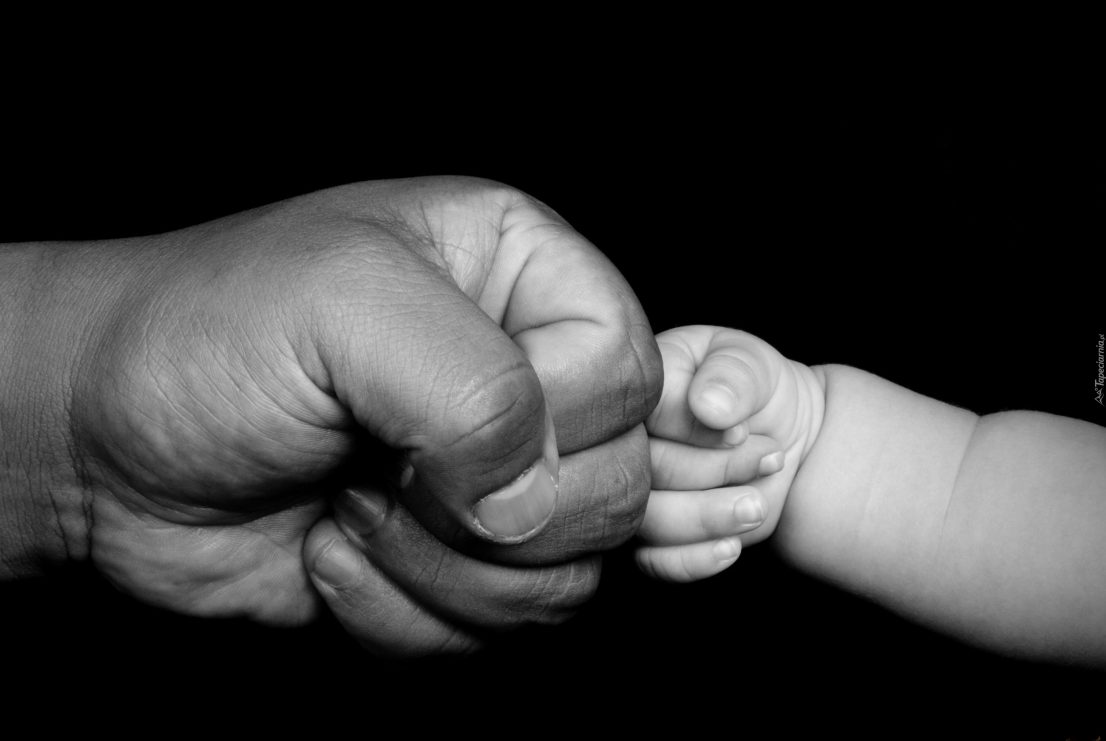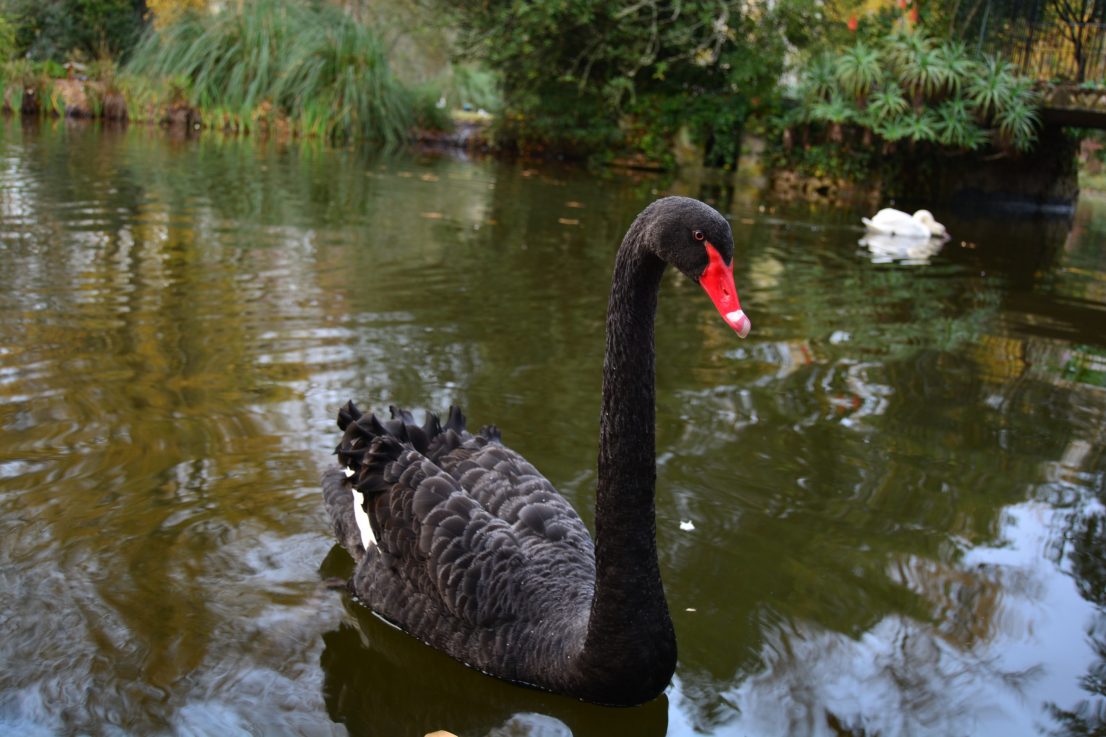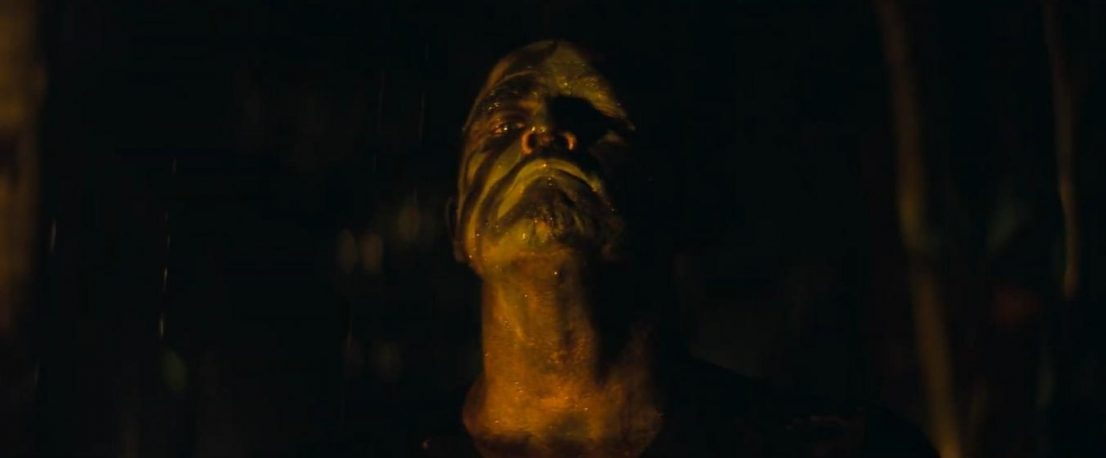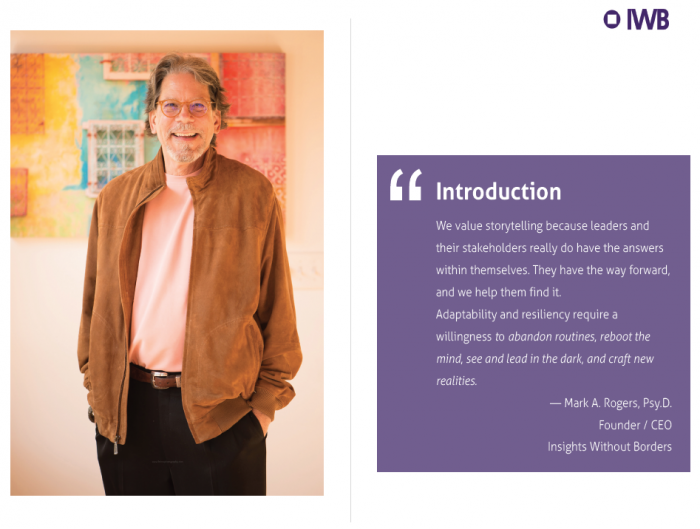
photo credit: https://www.tapeciarnia.pl/tapety/normalne/
There is an emotional bond between us and the natural environment, out of which, Lestor Brown says, we evolve. The coronavirus is a lonely, desperate one. It can’t live without us; Todd DuBose shared in his personal experience on surviving COVID-19, and it doesn’t want us to live without it.
The difference between what we’re doing and what we’re capable of doing Mahatma Gandhi said, would solve most of the world’s problems.
I love what Erik Erikson and likeminded practitioners accent. Generativity is a concept that invites us to see the entire range of ways human beings leave their stamp on the future. It’s a power; John Kotre said, both instinctual and psychosocial: one that engages imagination, reason, conscience, and will.
We’re in a crisis with generativity vs. stagnation. This tension: I am what survives me, is redefining sanity within the context of this outbreak.
Examining the human psyche, managing the human side of change, as integral parts for dealing with the crisis management of this pandemic. The identification of irrational forces tieing people to their bad environmental habits. Our consumption habits connecting to deep addictive attractions. The onset of “generativity chill” — threatened losses to “making your mark” on the world through creating or nurturing things that will outlast you.
“We must manage better the human side of change where people just aren’t going to inconvenience themselves unless we’re forced to.”
This is our kryptonite, depriving us of our powers to be resilient and adaptable, “healing the soul without reference to the ecological system of which we are an integral part.” This pandemic crisis is becoming a form of self-destructive blindness.
“We all have a blind spot and it’s shaped exactly like us.”
– Junot Diaz
The Irish philosopher, mathematician, and bishop, George Berkeley, threw into question the primary qualities of existence, the way people perceive the world. And, likewise, the links among world-structures, perception, and the nature of being. “The world of all appearances, then, is the fabric woven on the loom of perceptions.”
I want to share a story with you. The power of storytelling traditions and techniques that our leaders are using during the context of this outbreak, our crisis with generativity, can navigate us directly into harm’s way. Circumnavigate us around obstacles. Or skillfully avoid ill-fated voyages of monumental proportion altogether.

This Hasidic story is an allegory of the long spoons. It’s a parable that helps us see the difference between heaven and hell using people being forced to eat with these long spoons.
It starts with a rabbi having a conversation with the Lord. “I’ll show you Hell.” He leads the rabbi into a room in the middle of which is a huge round table. People sitting at it are hungry and desperate. In the center is a large pot of stew—enough and more for everyone. The smell is delicious and makes the rabbi’s mouth water. The people are holding spoons with very long handles. Each finds it’s just possible to reach this pot to get a spoonful of stew. But because the handle of their spoons is longer than their arms, they can’t get the food back into their mouths. The rabbi sees their suffering is terrible. “Now, I will show you, Heaven.” The Lord leads the rabbi into another room, the same as the first. There is the same huge round table—the same pot of stew. These people, like the first, are holding spoons with very long handles. But they’re well-nourished and plump, laughing and talking. This rabbi can’t understand. “It’s simple,” says the Lord, “it requires a particular skill. You see, they’ve learned how to feed each other.”
Our worldviews and mindshare are deeply embedded in our consciousness. This global pandemic is developing our identities and our meaningmaking. It is shaping, painfully, our long-held, big-picture ideas of the meanings of life: cost-of-living, quality of life. A gulf between rich and poor, class divide quarantining.
Our assumed ways of doing things no longer fit the world we live in. This pandemic poses fundamental questions about what it means to be human and live a flourishing life. It’s putting our institutions of all flavors and sizes and their settled ways of doing things in a crisis. It’s provoking our need to reflect on what we’re doing and why we’re doing it.
Goethe said, “the dangers of life are infinite, and among them is safety.”
Few people welcome conflict, says Michelle LeBaron, as an intriguing opportunity for learning and change. When conflicts, like this coronavirus outbreak, occur, things fall apart, turn, transform themselves, and then come together in new agile ways. Our health care workers are functioning in dark places where everything we know is crumbling and disintegrating. But none of us, says Jessica Gold, is talking about a potential mental health care crisis facing health care workers on the frontline of this pandemic.
Is it wrong to be afraid? Asks Warren Kinghorn, a psychiatrist, and theologian at Duke University. The medieval Christian philosopher and theologian Thomas Aquinas helpfully distinguished, Dr. Kinghorn says, between fear as an emotion and fear as a way of living. Aquinas said everything hinges on what we do with that fear.
We are experiencing anxiety the likes we haven’t known since 9/11 or Pearl Habor, or felt this helpless, fragile, and mortal for nearly a generation. When we name our fragility, says Rev. J. Dana Trent, we are free to do the “inside work.”
We are learning, painfully, that we can’t survive nor thrive without others. But others put our lives in danger. This pandemic crisis means facing parts of ourselves we would rather avoid. Such as the human side of change management. Recognizing like Michelle LeBron says, “no longer demonizing our opponents as a way of asserting our own virtue but confronting our demons directly, as the only way of escaping them.”
Such as recriminations. Shirking responsibilities and stigmatization based on narrow interests of certain political parties, special interest groups (SIGs), or lobbying in the shadows.
As I have written elsewhere, this is what happens when conflicts like this coronavirus outbreak cause bubbles to pop. Ignorance is no longer bliss. Neither is this where the significance of our story lies for us.
Instead, it’s an account of our insensitivity.
Severe limitations to our learning from observations or experience, and the fragility of our knowledge. We’re paying a steep cost, physically and psychologically. Redefining sanity within the context of this outbreak – I am what survives me: Generativity vs. Stagnation.

Photo by Teresa Pinho on Unsplash
Not all swans are white, are they?
Just because we’re “a developed nation,” doesn’t mean we’re going to deal with this pandemic, it’s disruption, better than developing ones. Nor a black swan, or cognitive dissonance, where we conclude these disasters happen elsewhere, but they certainly don’t happen here. How’s that been, how’s that working out? Undoubtedly, not so good has it?
I love what Murray Gell-Mann, author of The Quark and the Jaguar, offers us, on the study of complex adaptive systems. Scholars and scientists, and yes us too, the opportunity to transform ourselves “from specialists into students of simplicity and complexity or of complex adaptive systems in general.”
Our immune system is undergoing a process similar to biological evolution. Furthermore, it is doing so horrifically, on a time scale of hours or days instead of millions of years. Moreover, in this wake, our bodies are desperate to identify this assassin and produce an immune response.

photo credit: Apocalypse Now (1979)
I can’t seem to shake a nightmare of this COVID-19 apocalypse feeling frighteningly comparable somehow to Captain Willard’s mission. Proceeding up the Nung River in a Navy patrol boat where he finally makes it to Colonel Kurtz’s compound. Where Willard leaves one hell for another. The hell of the war for the hell of the tortured human psyche.
Kurtz : [intercepted radio message] I watched a snail crawl along the edge of a straight razor. That’s my dream; that’s my nightmare. Crawling, slithering, along the edge of a straight razor… and surviving.
This, of course, is one dream, or a nightmare for this COVID-19 pandemic. But this Saturday, the day before Easter, I have another I want to share with you.
As I write in my eBook, Transforming Organizational Change: Change Or Be Changed – Disrupt Or Be Disrupted.

This rapid spreading of COVID-19 is teaching us all over the world a lesson in building a community of joint health for mankind. How to do so, how to get there through the human side of change management. No country can or will meet these challenges alone. And, likewise, no country, including ours, can retreat behind high walls.
In this fight against epidemics and short-term here with the COVID-19 virus, solidarity and cooperation are our most potent weapons. Developing constructive, transparent ways to work with cultural differences in eradicating this COVID-19 virus is a critical requirement for leadership and our participation in Our Global Village.
I love what Michelle LeBaron contributes to the dialogue on bridging cultural gaps. “Multiple worldviews and cultural differences exist among us, as do creative ways to bridge them.”
I am deeply moved by WHO Director-General Tedros Adhanom Ghebreyesus’s call to action. “We must all join the chorus of humanity in the fight against the virus and win ultimate victory. The virus is a threat to each of us, and we must unite as one person.”
As I have written elsewhere on change fatigue, people are resilient and adaptable. I know first-hand. Clinically trained, a former therapist and faculty adjunct, for many years. I’ve seen this resiliency and adaptability. And seeing it now first-hand in my work.
We mustn’t fear authentic, transparent communication regarding this coronavirus outbreak, as a risk that we’ll hear or feel something genuinely can or will challenge or change us.
This COVID-19 virus is affecting our capacity to learn quickly from experience how our cultural influences and personal habits of attention are interacting with our worldviews. Shaping what is visible and invisible. What we appreciate and ignore. And what is appropriate and unacceptable.
Yes, as Tedros Adhanom Ghebreyesus says, this outbreak of COVID-19 is a crisis, a disaster. But it also is a big test. It proves, he says, that China is not talking about a vague idea of “a community with a shared future of mankind” because it already exists here on Earth.
Economic globalization and scientific and technological progress, he says, is shortening the distance between countries and between peoples. We are already independent and intertwined in economic development and social security. But this can be quickly overturned by a severe infectious disease, such as this one, the COVID-19 virus.
Let us not forget what the philosopher, Martin Buber, discovered about relationships and truth. Navigating the human side of change management.
“I can only become I through my relationship with you, so truth is never just mine or yours, but ours.”

